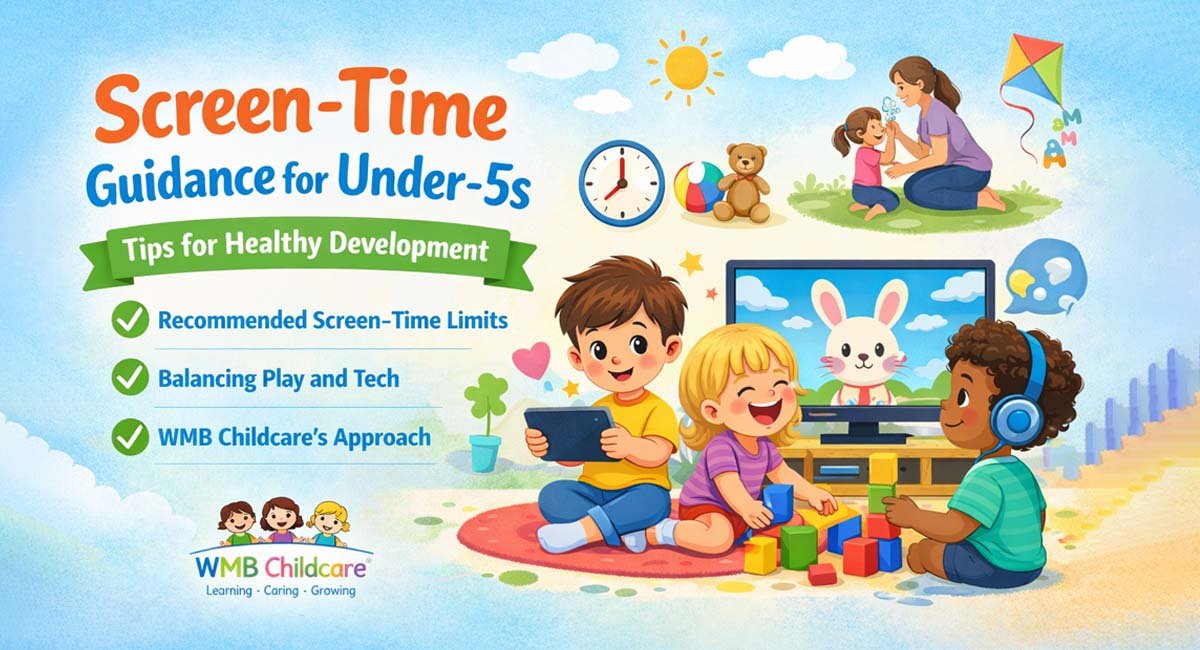How to Handle Temper Tantrums
You’re out shopping with your 2 year old and all of a sudden he decides to throw a monumental temper tantrum, kicking and screaming, throwing himself on the floor and sobbing as if the world has ended. Meantime, you want to be swallowed into the ground with embarrassment and have no idea what to do as you stand idly by watching the horror unfold. Welcome to temper tantrums that can happen typically with kids from the ages from 1 to 3, but sometimes beyond as well. The big question is “How do you handle temper tantrums?” Well read on as we’ve got a few ideas up our sleeves.
1. Try to understand why they are having a temper tantrum
Tantrums generally tend to happen if your child is tired, hungry, frustrated, and uncomfortable or if they can’t get something they want like something in the shop or your undivided attention. Learning to deal with frustration is a skill children learn over time, especially when they start talking as they can verbalise their frustrations.
Toddlers want independence and control over their environment — more than they may be capable of handling. This can lead to power struggles as a child thinks “I can do it myself” or “I want it, give it to me.” When kids discover that they can’t do it and can’t have everything they want, they may have a tantrum.
2. Try to avoid tantrums in the first place
Here are a couple of ideas to help avoid those nightmarish tantrums:
- • Give plenty of positive feedback – catch your child in the act of doing something good and really praise them and give them attention for their behavior.
• Give them some control over little things – offer minor choices like “Do you want to brush your teeth before or after bath?” or “Do you want orange juice or apple juice?” This avoids the “No” answer that will undoubtedly come if you just ask “Can you please go and brush your teeth.”
• Keep off-limits objects out of sight and out of reach – this will make struggles less likely. Obviously, this isn’t always possible, especially outside of the home where you can’t control the environment.
• Distract your child – this really works a treat. Take advantage of your little one’s short attention span and offer them something else in place of what they want. Start a new activity that replaces the forbidden one. Or you could just change the environment. Take them outside or inside, or even to a different room.
• Help your kids learn new skills and succeed – help kids learn to do things themselves and praise them for their efforts so that they feel proud of what they’ve done. Start slowly with simple tasks and then move on to more difficult tasks.
• Consider what your child is asking for carefully – perhaps it isn’t that big of a deal and consider whether it’s a battle worth fighting. Choose your battles.
• Know your child’s limits – if they are tired, perhaps it’s not the best time to go shopping as that’s just asking for trouble.
3. What to do when your child has a tantrum?
- • Keep your cool – as hard as this can be, it’s extremely important to keep your wits about you and not react with screaming and shouting of your own. Your job is to help your child learn to calm down in a tantrum situation. Your actions set an example for your child.
• Don’t hit or spank your child – this tells your child that physical violence is okay and this can lead to behaviour problems further on down the line, and you don’t want that.
• Handle the tantrum according to the problem – your child will throw tantrums for different reasons as we learned above, so you will need to change your tactics to suit the situation. If they are hungry, it’s time for a snack, if they are tired it’s time for a nap. If the tantrum happens because they don’t get what they want, don’t go into long detailed discussions about why they can’t have it, rather move on to something they can have and distract them. Children who are in danger of hurting themselves during a tantrum should be taken to a quiet, safe space to calm down.
• Preschoolers and older children normally have tantrums as they’ve learned that they work. If your older child has a tantrum a good way to deal with it is to send them to their room for a time out. Rather than setting a time limit, tell them to come out once they have calmed down. This allows them to regain some control that they lost during the tantrum and it’s empowering as they can affect the outcome by their own actions.
4. After the Tantrum
- • Don’t under any circumstances give in to your child’s tantrum as this will only show them that this kind of behaviour gets them what they want.
• Children may also be especially vulnerable after a tantrum as they know they have been less than adorable. Now, as soon as they are calm, is the time to reassure and hug them letting them know that they are loved no matter what.
Those are out top tips for avoiding and handling temper tantrums. How do you handle temper tantrums? We would love to hear from you.







